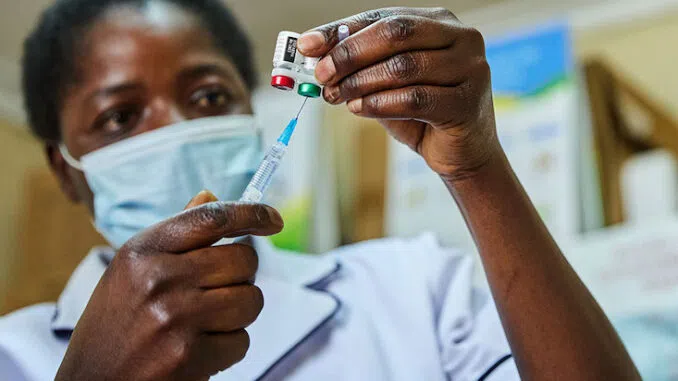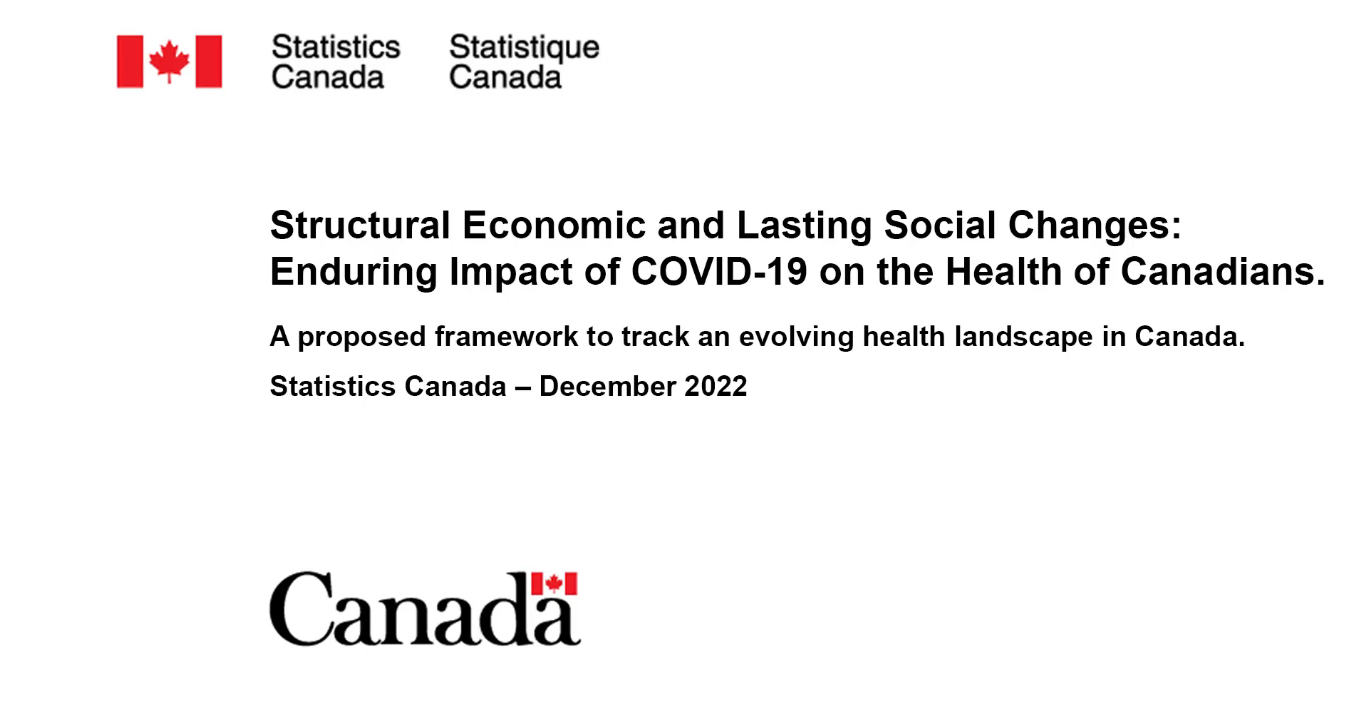In a significant effort to increase vaccination rates in Nigeria, the Bill Gates-funded World Health Organization (WHO) has been granted a remarkable $9 million by the Canadian government. This substantial funding aims to accelerate mass vaccination with mRNA jabs, addressing the pressing need to protect the Nigerian population against COVID-19.
Reviving Confidence: Bill Gates’ Pledge for Africa’s Vaccination: Following a past controversy involving allegations of bribery to initiate a forced vaccination program in Nigeria, Bill Gates had a closed-door meeting with the Nigerian President. During this meeting, he pledged an impressive $7 billion for Africa’s vaccination efforts. However, concerns were raised about the impact of previous vaccination programs, particularly the Polio vaccination, which allegedly led to adverse effects on African girls’ health.
Uncovering the Risks: The Dark Side of Gates’ DTP Vaccine: A peer-reviewed study published by esteemed vaccine scientists revealed alarming data about the DTP vaccine funded by Bill Gates. The study suggested that the vaccine resulted in the death of ten times more African girls than the disease itself, compromising their immune systems. Despite such findings, Gates, in collaboration with GAVI and WHO, continued pushing these vaccines onto unsuspecting African babies, raising ethical concerns.
Canadian Support for Nigerian Vaccination: Approximately one month after Gates’ visit to Nigeria, the WHO was granted a generous $9.3 million by the Canadian government to bolster vaccination efforts in 15 states with the lowest COVID-19 vaccination rates. The grant, part of Canada’s global initiative for vaccine equity (CanGIVE), will be allocated to states such as Benue, Kogi, Taraba, Katsina, Kebbi, Anambra, Ebonyi, Akwa Ibom, Bayelsa, Delta, Edo, Rivers, Lagos, Ogun, and Ondo.
Emphasizing Inclusivity: WHO’s Commitment to “Leaving No One Behind”: Walter Mulombo, the WHO country representative, enthusiastically announced the grant’s acceptance and highlighted its focus on gender-responsive, equity-based, and human rights-focused interventions. The primary goal is to ensure the successful implementation of the “leaving no one behind” agenda across Nigeria. This significant funding will help improve vaccination coverage, especially in the 14 states where less than 50 percent of the target population is currently vaccinated.
Addressing Vaccine Compliance: GAVI’s Controversial “Performance-Based Funding”: GAVI, backed by Bill Gates and led by British stakeholders, introduced a controversial system known as “Performance-based funding.” Under this system, nations are financially rewarded or penalized based on their compliance or non-compliance with vaccination programs. Critics argue that such an approach may raise concerns about potential coercion and prioritize financial gains over genuine health benefits.
Conclusion: The substantial $9 million grant from the Canadian government to the WHO represents a significant stride towards increasing vaccination rates in Nigeria. While the initiative aims to protect the population from COVID-19, concerns remain about the impact of previous vaccination programs and the necessity for ethical and transparent practices. As Nigeria and the global community continue their fight against the pandemic, fostering public trust through evidence-based information and equitable distribution will be essential for successful vaccination campaigns.









